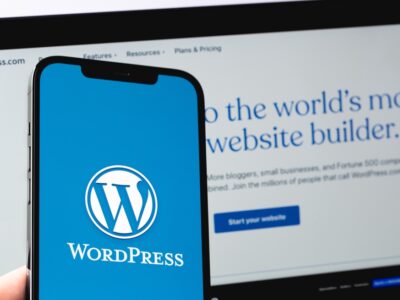Facebook, if used correctly, can help you grow your business exponentially. Strategizing your Facebook content shouldn’t be rocket science. But far too often, brands mindlessly post on their Facebook page with no clear direction.
Evaluating your Facebook content strategy can help you find weak spots and areas that need improvement. This lets you recreate a strategy that works better and reaches the right audience with the right message at the right time.
Here’s why you should take a closer look at your Facebook content.
1. To understand your audience.
It’s a paramount to any social media marketing campaign to know exactly who your target market is.
Think about your ideal customer and the demographic details surrounding them such as their gender, age, professional and educational background, location, income bracket, family situation, and their likes and dislikes.
Now, this is where it all gets a little tricky. Take some time to better understand your audience by looking at your current followers and fans and getting to know them better. If you already have thousands of fans and it’s virtually impossible for you to comb through each one of them, take a sample of the ones who are commenting and engaging, and the ones that don’t.
Check their profile page to get more details about them. Create different segments to have a clear idea of the different kinds of fans you currently have. You can determine if your current content plan is reaching the ideal customer by looking at your current followers.
If you’re unfamiliar with Facebook Insights, then that means you haven’t been checking it. It’s time to change that. Your Facebook Page Insights can help you see which posts are performing well, so you can determine what kind of content is best for your brand.
In the page posts section of Insights, you can see the following metrics:
- Number of people reached
- Post clicks
- Reactions, comments, and shares
- Total video views (if you have any) and viewing behavior details
Once you know the posts that performed well or those that reached more people and generated high engagement rates (clicks, shares, and comments), you can get a clearer picture of the kind of content that your audience appreciates, as well as the time of day and the day of the week that they can see it best.
This is especially helpful if you’re boosting posts. Knowing where to put your money can help you generate more leads and gain better customer interaction.
3. To formulate more content ideas.
You’ve seen the types and kinds of content they like, but do they appreciate videos better than images? Do they interact more with longer posts or shorter messages? Do they click through links you post?
Now, you can start coming up with more content ideas. Decide if you’re going to use hashtags and how many hashtags you’ll use. According to a recent analysis of TrackMaven, posts with hashtags performed better than posts that used more punctuation marks, with an average of 44.09% engagement.
If you want to learn about what your audience wants to see on your Facebook page, you can always ask them. Create a survey or poll on your Facebook page to get an idea about the topics they’re interested in.
4. To set a more realistic goal.
Evaluating your Facebook content strategy will also help you set realistic goals. For instance, if you’ve previously set your goal at “getting 1,000 likes for the next 30 days,” and you find that you’re only getting a few hundred, you can reexamine what you’re doing wrong.
Furthermore, if you focus on the numbers and metrics too much, you may lose sight of what you really want your Facebook page to achieve. Once you’re starting to generate engagement from the right audience, then you can focus on increasing the metrics.
Consider the end-goal. How do you want your Facebook page to look like? How do you want your Facebook followers to perceive your brand?
It’s True, Ask Anyone!
Evaluating your Facebook content strategy can take time and effort on your part. But, it will be sure to benefit your business goals in the long run. Consult with any performance-driven digital marketing agency, and they’ll tell you the same thing.
Facebook is a great business platform for any B2C or B2B company. But, if you don’t harness its power correctly, it can do more harm than good to your brand.





